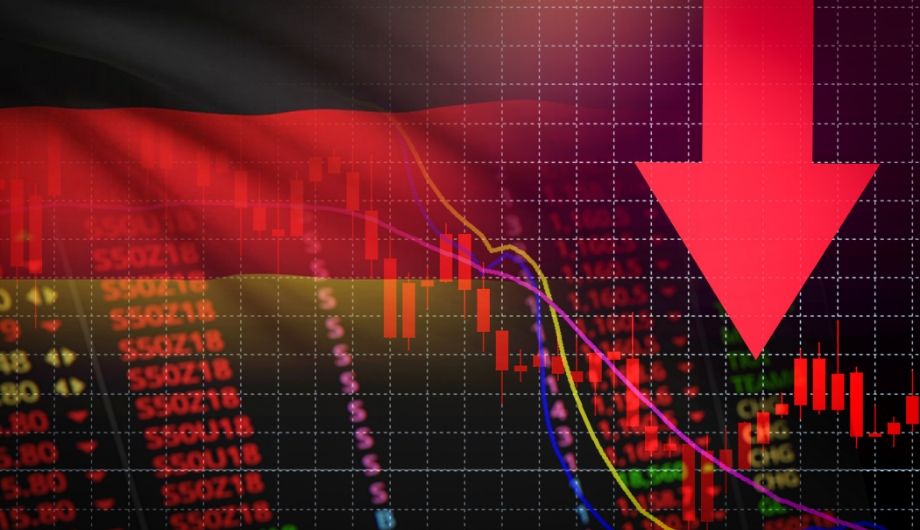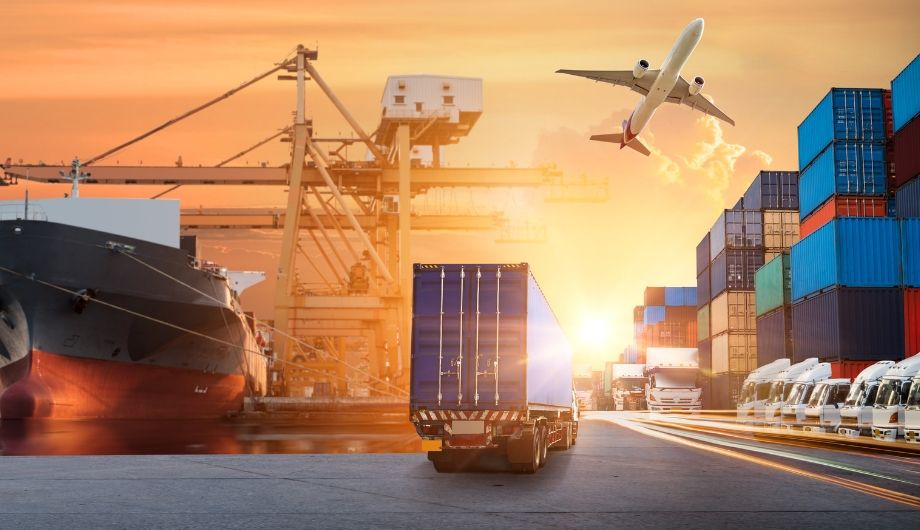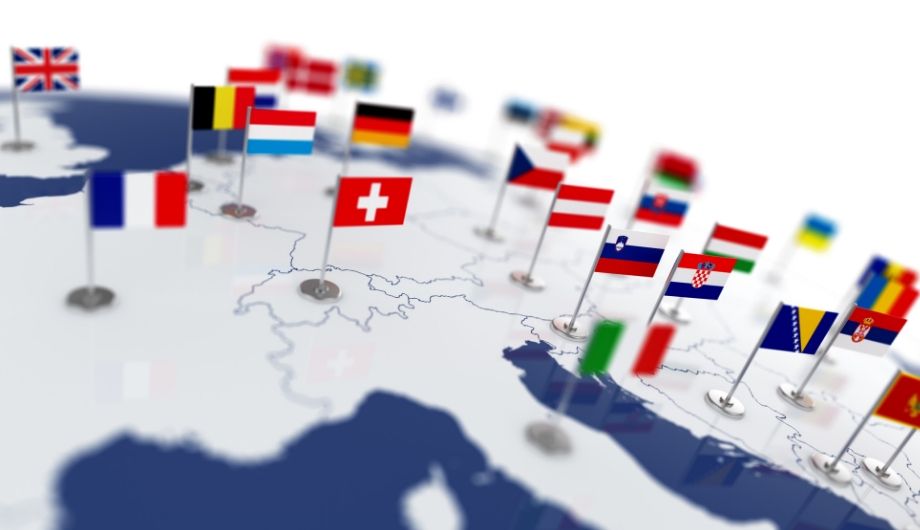Germany’s incoming recession could drag down the rest of the EU
Germany’s incoming recession could drag down the rest of the EU – Will 50 billion euros be enough as an emergency measure?
Germany has been at the driving force of E.U.’s economy for decades. With a steady hand on government spending and a healthy appetite for investment-driven growth, Germany has weathered all the financial instability of 2008 to come out even stronger. Frugal spending and zero deficit policies were the keys to steady stable growth for Europe’s top exporter.
But the world’s fourth economy is now stalling.
Recession is very close.

The Bundesbank, Germany’s Central Bank, recently confirmed fears that after the economy shrank by 0.1 % in the second quarter things do not appear to be looking up. The German economy could find itself continuing the downward trend in the third quarter as well. A trend spurred by tepid consumer spending, lower business confidence, and softer overseas demand.
As an export economy, Germany was caught off guard by a slump in exports, which have suffered from tempered demand due to the US and China's trade war. Exports recorded a higher quarterly decrease than imports. But that is not the only problem Germany has at the moment. While the service sector has been holding its ground there are signs that this decrease in exports will eventually hit the labor market. When that happens things will be very difficult to control.
What does this mean?

The numbers are not high (-0.1 %) but they are very important for a country that takes economic stability very seriously. Germany never topped the charts of European countries which had tremendous growth numbers in the last 20 years. On one hand, because the Germans were already a very large economy to begin with, on the other because their economic model favored productivity and private investment growth aimed at becoming the biggest exporter in the E.U. German economy is structurally dependent on a low deficit and high export rates.
READ ALSO: Amazon, a company at Risk
Several of Europe's economies are weathering growth slowdowns, many due to political uncertainty. Britain went through a 0.2% contraction last quarter, a loss that was driven by uncertainty and Brexit fear.
A Germany in a prolonged recession will have an immediate domino effect in Europe and indeed the world. Italy, Spain and even France could face serious and immediate repercussions. Markets are already dreading such a scenario. But what will the German government do about this impending threat?
Spending to the rescue?
Is Germany looking for the fastest or the most convenient way to weather the storm?

Chancellor Merkel said that the economy is “heading into a difficult phase” and her government will react “depending on the situation.”
If Germany wants a quick turn around it can do so pretty easily. But that means it has to abandon its famous zero deficit policy. As we mentioned, Germany is more conservative when it comes to government spending, business and fiscal stimulus. The fact that Merkel even hinted that the government might react leads analysts to think it may lead to a change in at least some spending habits.
As it so happens, the same policy that helped Germany reduce its national debt to less than 60% of GDP could prove to have created enough leeway for the government to expand borrowing and throw enough money into the economy.
But most analysts expect Germany will try to hold on to the deficit policy for as long as it can, as government officials and voices in Merkel’s own party said that they see no need for immediate fiscal stimulus.
The 50 billion euro boost
If push comes to shove, Finance Minister Olaf Scholz suggested Germany could throw up to 50 billion euros in extra spending into a possible economic crisis scenario. The figure is not huge, given the fact that Germany needed the same amount of money to calm the effects of the 2008 crisis. But in a worst-case scenario, in 2019 it will probably take more than that.
To put things in perspective VW alone has pledged to invest over 30 Billion euros to overhaul its line-up and move from conventional to electric-powered vehicles.
Germany will undoubtedly have even more money to fight a prolonged recession but using it will come down to a political decision on revising spending policies and opening the purse.
As the clock ticks on the next quarter, it remains to be seen if the German Government will be able to take active measures to restore confidence and boost exports without abandoning zero deficit, or will they signal a much-awaited change.
user rating :
4.90 stars (185 votes)
Loves to play with new ideas, binge writing, traveling and gourmet coffee. Professional writer of non fiction with over 8 years experience in putting words to paper. Fan of iconic movies, sports, The Arctic Monkeys and city breaks. Yes, he knows how good his coffee is.